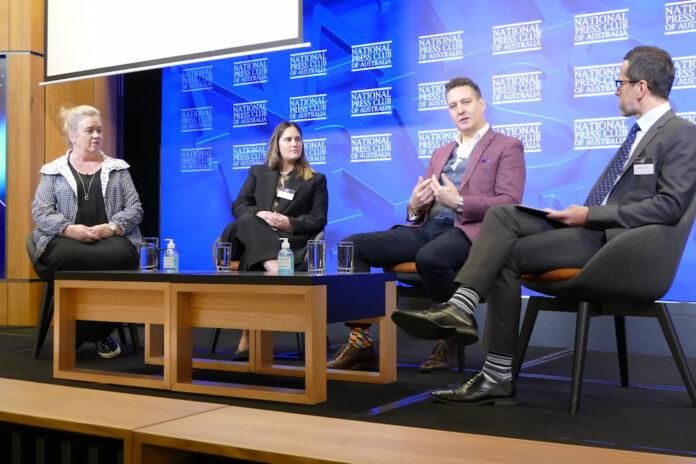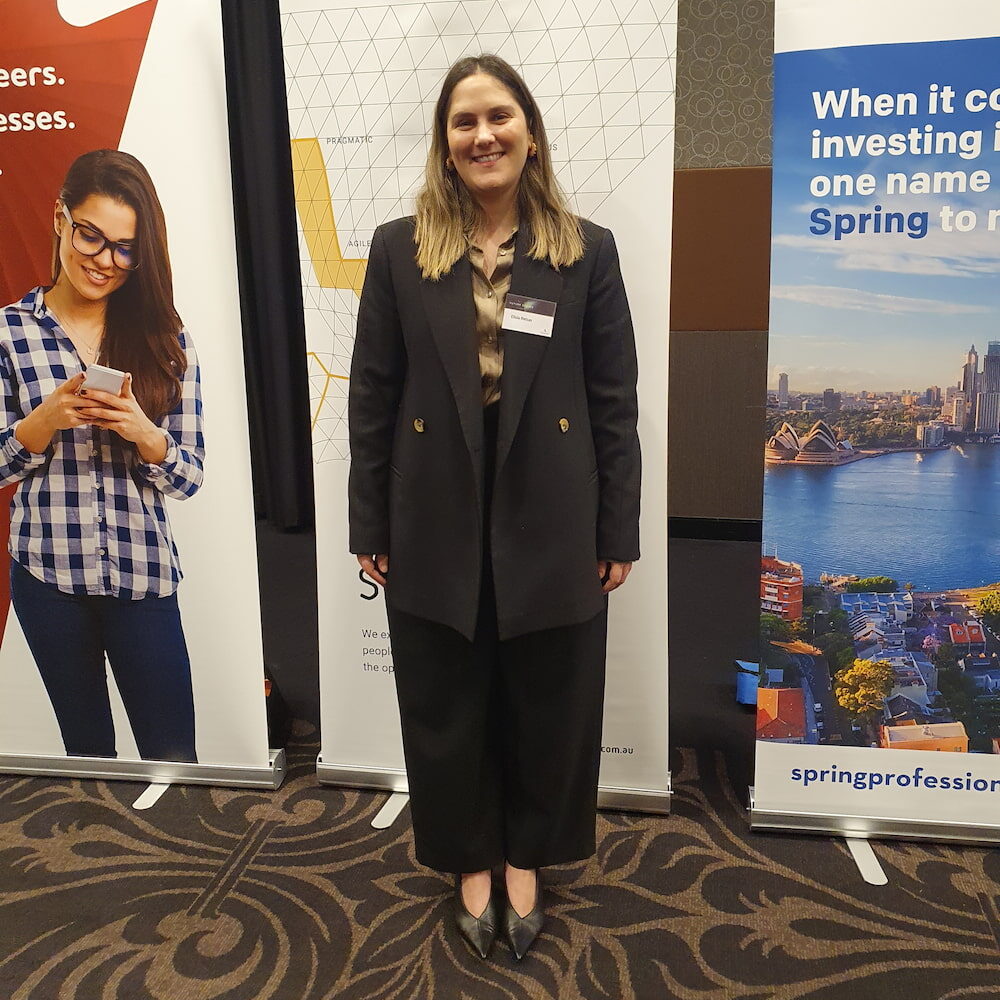
In the age of Artificial Intelligence (AI) meets humanity and in the wake of a pandemic, the question ‘what will the future of work look like?’ has never been so uncertain.
According to business and technology industry professionals, more diversity, upskilling and embracing technology are just some of the things the future workforce can expect.
Elisia Retsas, senior regional director of General Assembly said the pandemic caused an “acceleration of the trends industries were already seeing for the future of work”.
“Prior to the pandemic, there was a study that said only 50% of leaders were investing in digital transformations and now, obviously, that number has skyrocketed,” Ms Retsas said.
“We’re seeing the labour market tighten and not enough graduates being produced to fill those roles that will be created.”
The role of diversity

According to data from the Australian Bureau of Statistics, the unemployment rate recently decreased to 5.5%, the sixth consecutive fall in unemployment since October 2020.
As Australian begins to recover from the economic impacts of the pandemic, Ms Retsas believes diversity of thought, experience and skillset will drive future workplaces in Australia.
Rhonda Brighton-Hall, founder and CEO of Making Work Absolutely Human (mwah) believes an inclusive future of work is needed “just based on fact”.
“I think that what’s going to happen in the labour market at the moment is there’s not enough people and so, as a consequence, we will have to start thinking about people we didn’t want to employ before,” she said.
“It [diversity] changes the ability to look after each other … it starts with data and culture.”
Federal government director from Microsoft Canberra, Colin Gniel, said in a technology-driven world, the hard part isn’t getting the data to build a diverse future but knowing what to do with it.
“That’s where I think real advancements are coming,” Mr Gniel said.
“I think what we’re seeing is how do we take the data and get it to the people who need it? Then how do we give them the tools to manipulate it and make some decisions on that list of values on their role in the organisation?”
The role of reskilling
According to CEO of Adecco Group Australia and New Zealand, Preeti Bajaj, people are losing 40% of their skills every three to four years, creating “an economic and commercial imperative to reskilling and designing the future of work”.
“The latest study from General Assembly shows that up to $136,000 can be saved per activity from upskilling,” Ms Bajaj said.

Mr Gniel said that from a Microsoft perspective, a key aspect of the workplace culture is continuous learning and upskilling.
“The whole concept of constant learning and being able to come in and out of your learning experience as you move through your career is actually based on the culture that you work under,” he said.
According to Mr Gniel, employees often do not realise when they upskill. He explained that the peak of the COVID pandemic is the perfect example.
“One in five Australians said they didn’t pick up a new skill in the last 12 months.
“I can’t understand how that’s feasible considering how many of us ended up on video calls just to do our jobs,” he said.
From her experience working at General Assembly, Ms Retsas believes continuous learning requires collective action from the employer and the government as well as the individual.
“We’ve seen some shifts from the federal government in investing in the reskilling with subsidies for short courses … but I think we could take some lessons from places like Singapore,” she said.
“From a hiring perspective we should think about the way we’re hiring. So, looking from within to see what kind of talent we could essentially upskill and redeploy.”
The future of work
Following the pandemic, Ms Retsas believes the workforce will focus less on the need for a degree but instead on what skills already exist and that could be built.
“We’ve had so much change in the last four months. I think the pandemic has been a trying and tough time, but it has also enabled this massive opening of minds to what the future of work should look like.
“Office-centric work is probably over, we’ll see a lot more flexible work and hopefully, work-life balance for people,” she said.
As an employer, Mr Gniel said his role is to understand and articulate the workplace culture and value. He believes diversity plays an important impact on the future of work in technology-driven businesses, and the organisation’s ability to retain talent.
“I think the future of work is we’ll see much more flexibility, much more portability; I think people will continue to move but they’re also looking for fulfillment in what it is they do.”
“There’ll be a more technical infusion into how people think different industries will transform at different rates in different speeds,” Mr Gniel said.
“The other thing that will be a challenge is the diversity of our workforce will change significantly and, as such, the cultural aspects of how we do work and when we do work will continue to change.”
For more:








